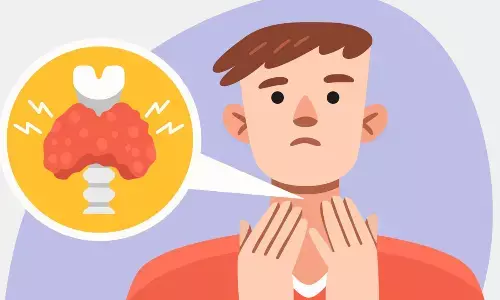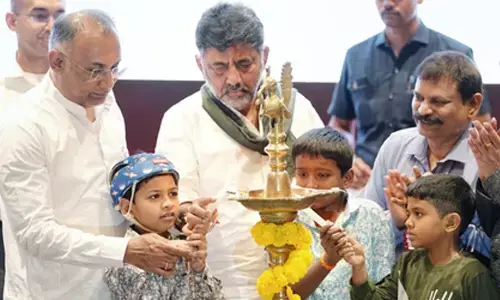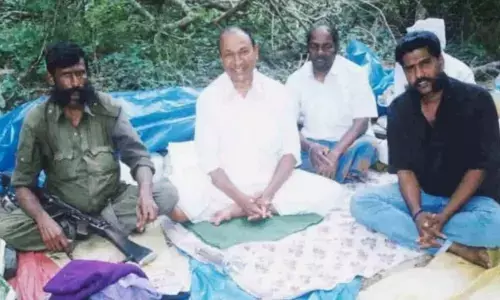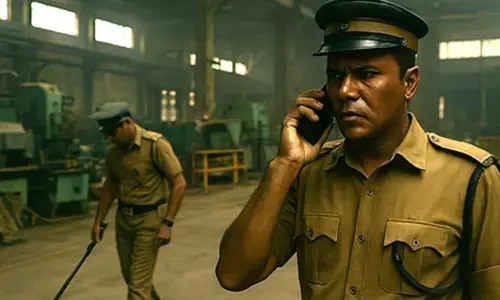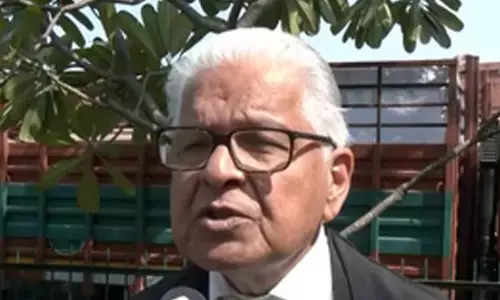The gender stigma
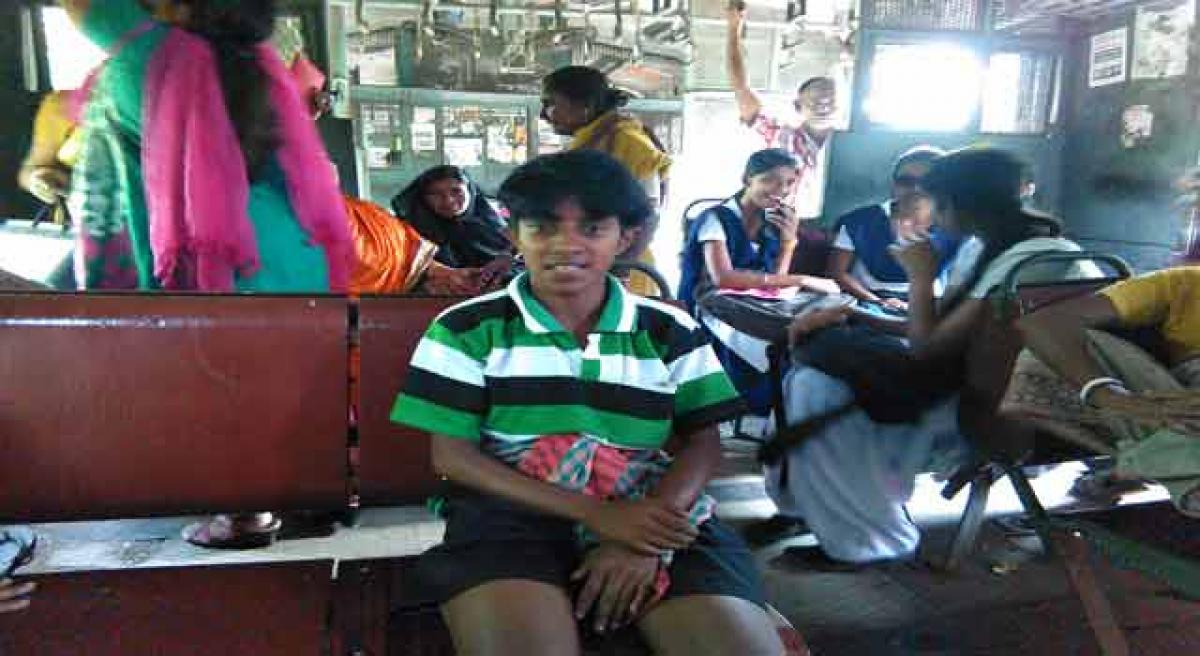
On the busy Kolkata Suburban rail route from Dum Dum to Canning, South 24 Parganas in Bengal, passengers in the ladies’ compartment get to enjoy a rare musical treat. There is a young boy, accompanied by an elderly harmonium player, who sings beautiful Bengali folk songs throughout the two-hour-plus journey.
On the busy Kolkata Suburban rail route from Dum Dum to Canning, South 24 Parganas in Bengal, passengers in the ladies’ compartment get to enjoy a rare musical treat. There is a young boy, accompanied by an elderly harmonium player, who sings beautiful Bengali folk songs throughout the two-hour-plus journey.
As his melodious rendition of “Mayer bichar keu korte pare na” (no one can judge the sacrifices of a mother) fills the compartment, the women travellers are rendered speechless. There’s just something in his voice that tugs at the heartstrings. When the song ends and his listeners graciously give some money, his companion calls out to him: “Rita, what will you sing next?” Suddenly, there’s a hush all around, as everyone gives the talented artist amazed looks. Then someone loudly exclaims, “We have a real life ‘Potol Kumar Gaanwala’ amidst us!”
‘Potol Kumar Gaanwala’ is a popular Bengali daily soap where the protagonist, Potol, sings in trains disguised as a boy. She has lovely voice and people love to listen to her. Potol is a quiet village girl, who eventually cuts her hair and changes her attire after her mother passes away and she leaves her hamlet to look for her famous musician father, who had abandoned them.
Of course, much like her small-screen counterpart, Rita Das, all of 13, has cut her hair short, dresses up in a blue half-pant and t-shirt, and sings for a living. But the similarities end there. The youngster’s life has been full of heartbreak, crippling hardship and fear.
The daughter of a mason and homemaker and the youngest of three siblings, Das used to live in Namkhana village of South 24 Parganas district till the devastating Cyclone Aila hit the region in 2009. Days of lashing rains and strong winds resulted in the flooding of the nearby River Malta, which engulfed the whole area, destroying fertile agricultural land, drowning precious livestock and washing away everyone’s belongings.
While Das and others from her village were evacuated and duly shifted into tiny government-provided shelters that could hardly accommodate their large families it was a year before they were provided alternative accommodation in Gopalnagar (South) village in Pathar Pratima block.
No sooner had they relocated, tragedy hit her life once again when her father died suddenly in a freak accident. That incident broke up her family completely. Her elder brother, fearing that the entire burden of supporting Das and her mother would fall on him, simply left them to fend for themselves.
Alone, the duo was managing to make ends meet as the elder woman had taken to working as a domestic helper with some much-needed help from her daughter.
But as if their quota of suffering was not over yet, Das’s mother started falling ill regularly. When they managed to take out time to go to the government hospital, tests revealed that she had cancer. Today, Das is not only bearing the responsibility of running the home but she is working doubly hard to pay for her mother’s treatment.
Whereas post Aila, she had taken to doing domestic work, music always remained her first love. It was purely by chance that she met Brajendra Nath Saha, a local musician and singer, at a folk music festival organised in a neighbouring village. The little one was so enamoured by what she heard that day that she gathered the courage to walk up to Saha to request him to meet with her later with the hope that he would take her as his student.
When Das called him one day to see if he would be willing to teach her music – “although I did mention that I would not be able to pay him any money for the classes” – he called her over to his home in Bidhannagar. “He wanted to hear me sing to gauge my capability. So I went there with my mother,” she recalls.
When Saha heard her sing he was so overwhelmed that he immediately agreed to teach her all that he knew about music. Thus began Das’s musical journey.
Saha suggested that she train her energies into something positive and convert her passion into her profession. The two initially took to the streets playing music and simply split their earnings. However, gradually Das realised that it was futile singing in front of busy passersby, who didn’t stop to listen to her.
Moreover, being a girl she was always vulnerable to men who wanted to take advantage of her. “I have been abused as a child and can never forget that fear and helplessness. In my village, there was a powerful middle-aged man, who had cornered and molested me. At first, I felt really scared and didn’t tell anyone. But I couldn’t keep it from my parents. Yet, being poor and powerless they were unable to fight for me,” she says.
That one experience was enough for Das to understand that this is not a woman’s world and that she is “an easy prey for men, especially those that are influential and wealthy”. When she began performing on the streets all kinds of boys and men would walk up to her and talk badly or proposition her. That’s when she made up her mind to change her appearance – “I decided to dress like a boy because that is the only way I felt I would be safe”.
Also, she decided to change the venue of her performance preferring to ride in the ladies’ compartment of the local rail network “because women listen and even appreciate my talent; many are astonished at my singing and are all praises.
It makes me feel good about what I do.” This switch has not only been a confidence booster it has also enabled them to make better money. “We manage to make around Rs 1,000 to Rs 1,200 in a week and we share the earnings,” she informs.
She is glad that she is being able to entertain people and earn a decent income. “For how much longer I can continue to perform masquerading as a boy I do not know but for the present I feel comfortable keeping up this charade. As a girl, I faced hell but I hope bad things won’t happen to me anymore,” she says.



